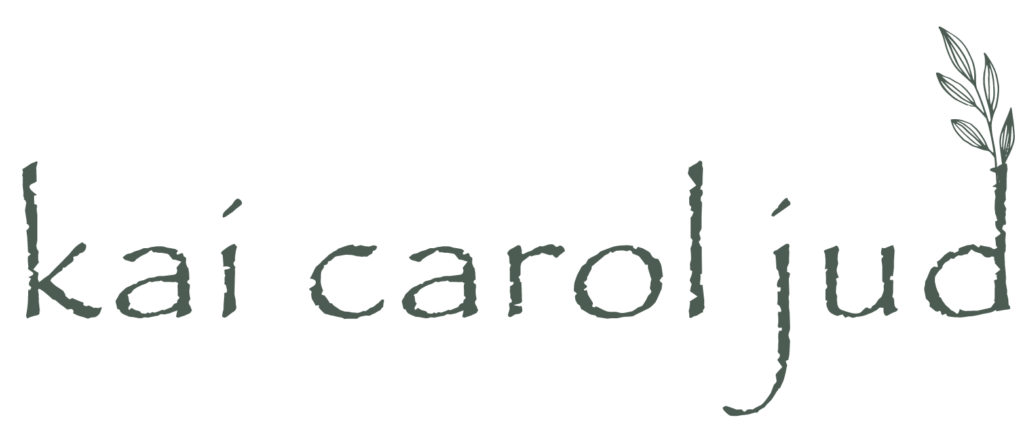Seventeen years ago on July 28, my brother Dan, known as Sheik Ishaq died suddenly. His death came as a shock, although perhaps it shouldn’t have. He was a childhood diabetic, first diagnosed when he was nine. Even then, so many years ago, we were warned that he would not live into old age. Insulin, the magic medicine that allows the diabetic body to function, also destroys internal organs even as it supports life. By the age of fifty-five, the organs of most childhood diabetics have been damaged beyond repair.
Our family, well aware of that reality, managed to find a way to forget. We chose to believe that, because we loved Dan profoundly, his body would be hardy and he would somehow escape or postpone his destiny. My brother was active, seemingly healthy, and full of life. Most of his friends didn’t even know about his diabetes.
When I got the news, I first felt anger. I didn’t want to learn a new way of being in the world without Ishaq. I wanted my old life back. And yet there was nothing to take back. That story had ended. It was over, dead. If I insisted that things remain the way they were, I would be left with nothing but dry memories. Living in the past would keep me separate from the mystery and the new form and gifts it would provide.
I knew the reality that my brother had died, but I still wanted to hold on to him. If only I could have him just a little longer. Even in my longing, I knew I’d never be ready to let him go. I felt angry that I had to surrender to the uncompromising truth of his death and the necessity of stretching myself to make room for the change that I had never wanted to happen.
Late in September when his Sufi friends held a Celebration of Life, I heard the details of my brother’s death. Every summer, Ishaq’s colleagues at the Red Cross took an expedition down the McKenzie River. At noon, they stopped for lunch at a place called Jump Off Point. While the others prepared the meal, Ishaq swam out alone to the middle of the river and raised his arms to the heavens. Letting out an ecstatic laugh, he left his body. At the precise time, two geese flew over his head and tipped their wings as if sending him wishes for a joyous journey.
His friends on shore noticed that Ishaq’s laugh had quieted and saw his body sinking. They rushed to bring him back to the beach where they spent hours trying to revive him to no avail. His soul had already left his body, probably due to a heart attack. His earth plane story had ended.
For me, even in my grief, Ishaq’s death gave me hope that when my time came to die I might do it with such grace and ease. With failing kidneys, Ishaq understood that his life as he knew it was over. In a matter of months, he would no longer have had the freedom to live life in ways he had found so satisfying. Feeling complete, he could gently let go gracefully and with a laugh that echoes in the hearts of all who knew him. What a gift to live life full out yet lightly enough to let go when the time is right.
After his death, I dreamed of Ishaq. I saw him trudging laboriously in a heavy, black wool coat that almost reached the ground. As he moved forward, it started to slip off his body, and with each step, its weight hindered him less and less. Gradually, the coat fell totally away, and his form dissolved.
Ishaq was free, free from this world, and free to move lightly into next adventures awaiting him. His spirit took flight.

